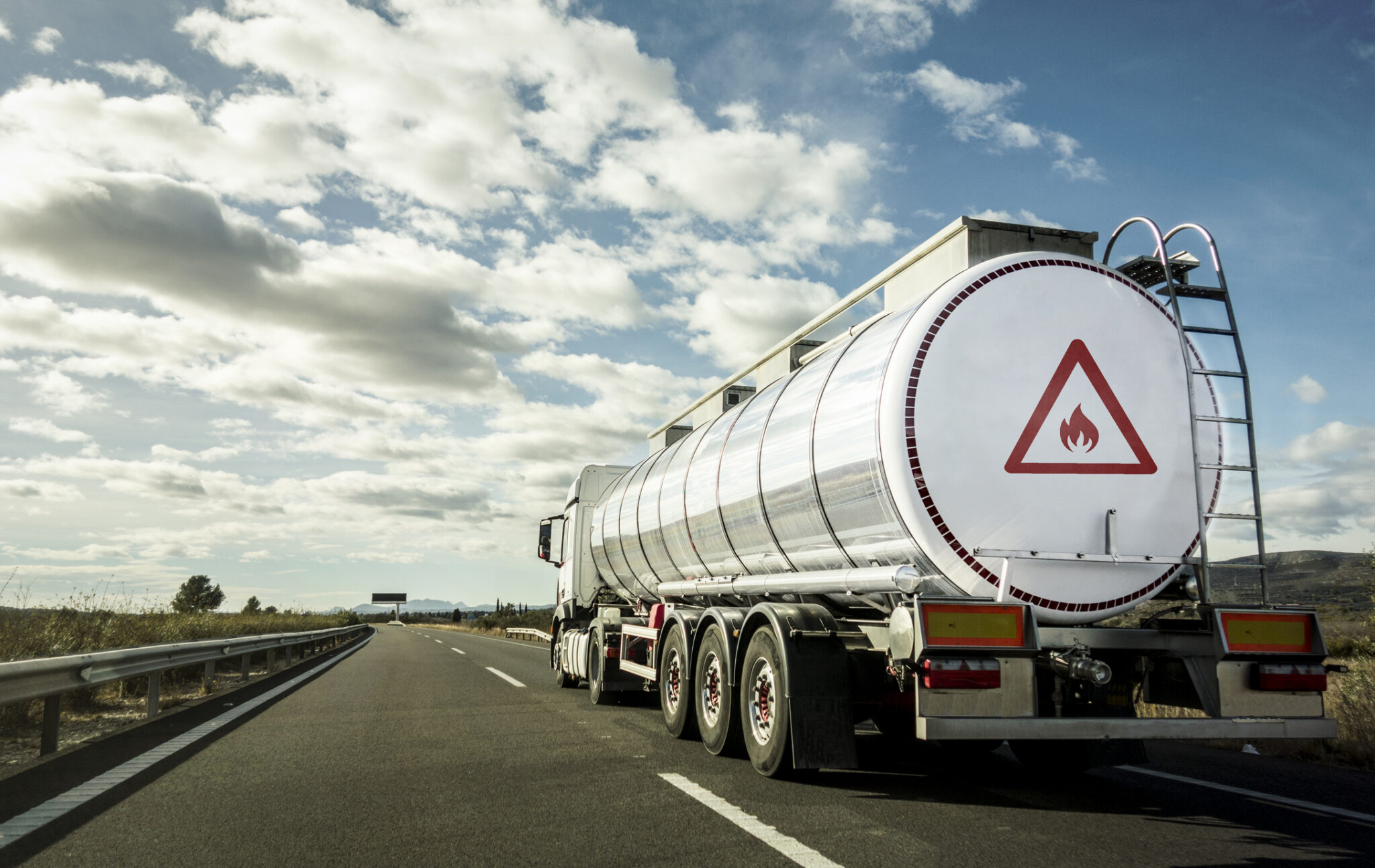
Are the Rules Different for Truck Accidents Involving Hazardous Materials Spills?
Any collision with a large commercial truck can be deadly for other road users. Truck accidents involving hazardous materials pose an even more significant threat to public safety and the environment. Along with federal regulations, Ohio has specific laws to ensure proper response, handling, and liability determination for this type of crash. If you or your loved one has been injured in a truck accident involving hazardous materials, it is essential to understand the legal framework and how it may impact your claim.
For a free legal consultation, call 216-774-0000
What Materials Are Considered Hazardous in Trucking?
Hazardous materials hauled by truck drivers are substances that pose a risk to health, safety, property, or the environment. They may include radioactive materials, explosives, gasses, toxic chemicals, and flammable liquids. Truckers transporting these materials must follow strict guidelines to minimize the risk of accidents and spills.
Which Agencies Regulate Transportation of Hazardous Materials?
HAZMAT (hazardous materials) transportation is regulated at both state and federal levels in the U.S. The Ohio Department of Public Safety (ODPS) and the Ohio Public Utilities Commission primarily enforce these regulations in our state. This is done in conjunction with the federal Department of Transportation (DOT) and the Federal Motor Carrier Safety Administration (FMCSA).
Click to contact our lawyers today
What Are the Key Regulations Governing HAZMAT Transportation?
Both federal and state regulations come into play in truck accidents involving hazardous materials spills.
Federal HAZMAT Transportation Regulations
When a crash involving a big rig causes a spill of hazardous materials, any of the following federal laws and regulations may apply:
- Hazardous Materials Transportation Act (HMTA): This federal statute provides the foundation for regulations on the transportation of hazardous materials. It establishes standards for transportation companies and drivers and requirements for packaging, labeling, and documenting hazardous materials.
- 49 CFR Part 172: This section of the Code of Federal Regulations specifies detailed requirements for the handling and transporting of hazardous materials.
- FMCSA regulations: The Federal Motor Carrier Safety Administration issues regulations and sets standards for commercial vehicles, including large trucks transporting hazardous materials. These regulations cover vehicle maintenance, proper securing of hazardous materials, driver qualifications, and hours of service.
- Environmental Protection Agency (EPA) regulations: The EPA has established rules for handling hazardous waste spills, as authorized under the Comprehensive Environmental Response, Compensation, and Liability Act (Superfund) and the Superfund Amendments and Reauthorization Act (SARA) of 1986.
Ohio HAZMAT Transportation Regulations
The State of Ohio has its own rules and protocols for the transportation of hazardous materials within the broad framework of federal regulations. Key among these are the following:
- Ohio Revised Code Sections 4921.99 and 4923.99: These state statutes authorize the Public Utilities Commission of Ohio (PUCO) to assess a civil penalty of up to $10,000 a day for violating hazardous materials or safety rules.
- Ohio Administrative Code Chapter 4901:2-5: This law outlines specific procedures for motor carriers engaged in hazardous materials transportation in Ohio. It establishes requirements for reporting HAZMAT accidents to PUCO and reinforces FMCSA’s vehicle inspections, driver qualifications, and operational safety requirements.
Complete a Free Case Evaluation form now
Who Is Liable for Truck Accidents Involving Hazardous Materials Spills?
Determining liability for truck accidents with hazardous materials spills can be a complex matter because of the specialized nature of HAZMAT transportation and the number of potentially liable parties, which may include:
- Truck driver: If driver negligence caused the crash and spill, the trucker may be held liable. For example, trucker negligence may involve distracted driving, speeding, failing to comply with federal hours of service regulations, failing to follow HAZMAT transportation protocols, or failing to secure hazardous materials properly.
- Trucking company: Commercial trucking companies are responsible for ensuring their vehicles are properly maintained, and their drivers are adequately trained. A company that neglects to properly inspect vehicles or fails to comply with state or federal regulations may be held liable for resulting accidents.
- Shipper: In some cases, shippers may be held liable if they improperly loaded or labeled hazardous materials. Incorrect packaging or inadequate safety documentation can lead to serious accidents and injuries.
- Third parties: In certain circumstances, third-party contractors responsible for vehicle maintenance or otherwise involved in the transportation chain may share liability if their actions contributed to the accident.
What Compensation Is Available for Victims of Truck Accidents Involving Hazardous Materials Spills?
Truck accidents involving hazardous materials spills can cause severe or fatal injuries. Victims or surviving family members may be entitled to seek damages, which may include the following:
- Past and future medical expenses
- Rehabilitation and therapy costs
- Lost wages or earnings
- Loss of future earning capacity
- Pain and suffering
- Emotional distress
- Property damage
- Environmental cleanup costs (when private property is affected)
What Role Can an Experienced Ohio Truck Accident Lawyer Play in Your Case?
Specialized legal knowledge is needed to prevail in a truck accident claim involving hazardous materials because of the complex nature of the liability issues and the intersection of state and federal laws. Our seasoned Ohio truck accident attorney can play a crucial role by:
- Conducting a thorough investigation of the accident
- Gathering evidence, including police reports, HAZMAT incident reports, and statements from witnesses
- Identifying all parties that may be liable for the accident
- Calculating your damages
- Negotiating skillfully with insurance companies to secure fair compensation
- Ensuring responsible parties are held accountable for regulatory violations
- Representing you in court, if necessary, to fight for the maximum compensation on your behalf
Call HMW Law at 216-369-1352 if you have been injured or lost a loved one in a truck accident involving a hazardous materials spill.
Call or text 216-774-0000 or complete a Free Case Evaluation form

